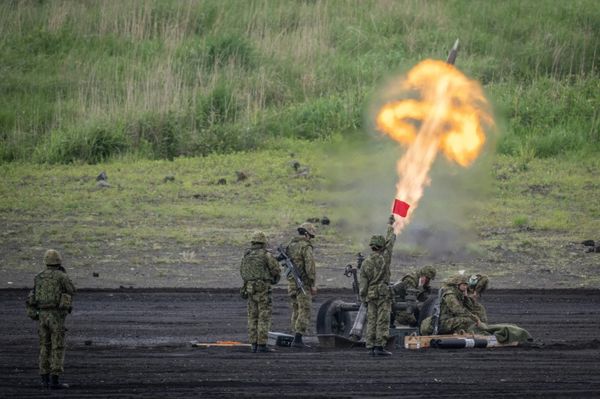On Thursday, Palo Alto Networks received an upgrade to its Relative Strength (RS) Rating, from 80 to 83.
Risk Management In The Stock Market: How Much Money To Invest Now
This proprietary rating identifies technical performance by using a 1 (worst) to 99 (best) score that shows how a stock's price performance over the trailing 52 weeks matches up against that of all other stocks.
Over 100 years of market history reveals that the top-performing stocks often have an RS Rating of over 80 as they launch their biggest runs.
The IBD Big Cap 20 stock is now considered extended and out of buy range after clearing a 195.42 buy point in a first-stage cup with handle. See if the stock forms a new pattern or follow-on buying opportunity like a three-weeks tight or pullback to the 50-day or 10-week line.
Palo Alto Networks saw both earnings and sales growth rise last quarter. Earnings-per-share increased from 11% to 21%. Revenue rose from 14% to 15%.
The company earns the No. 1 rank among its peers in the Computer Software-Security industry group. Palo Alto Networks and Zscaler are also among the group's highest-rated stocks.
This article was created automatically with Stats Perform's Wordsmith software using data and article templates supplied by Investor's Business Daily. An IBD journalist may have edited the article.
RELATED:
Stocks With Rising Relative Strength Ratings
Why Should You Use IBD's Relative Strength Rating?
How Relative Strength Line Can Help You Judge A Stock
Ready To Grow Your Investing Skills? Join An IBD Meetup Group!







